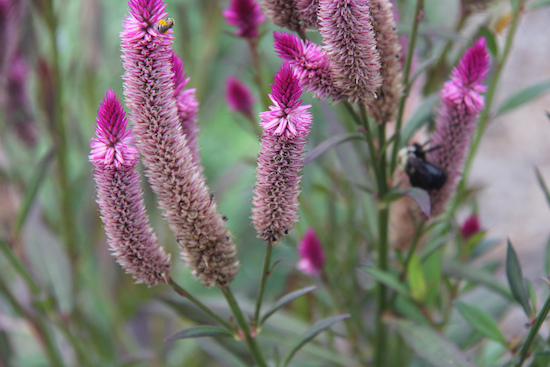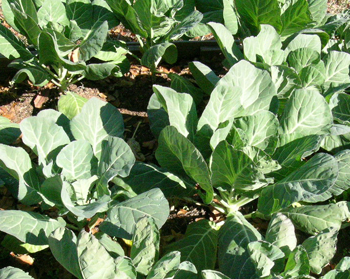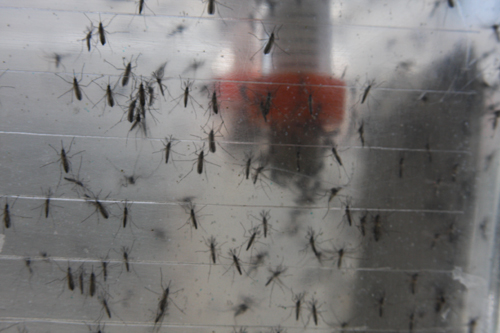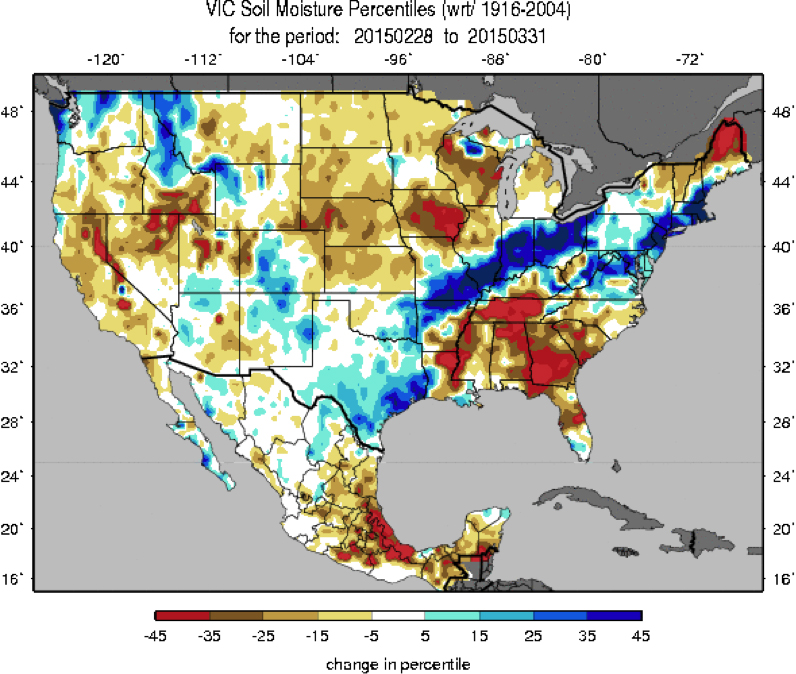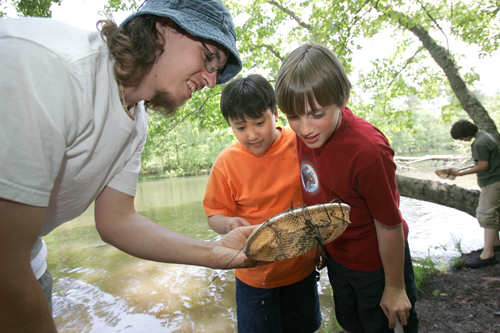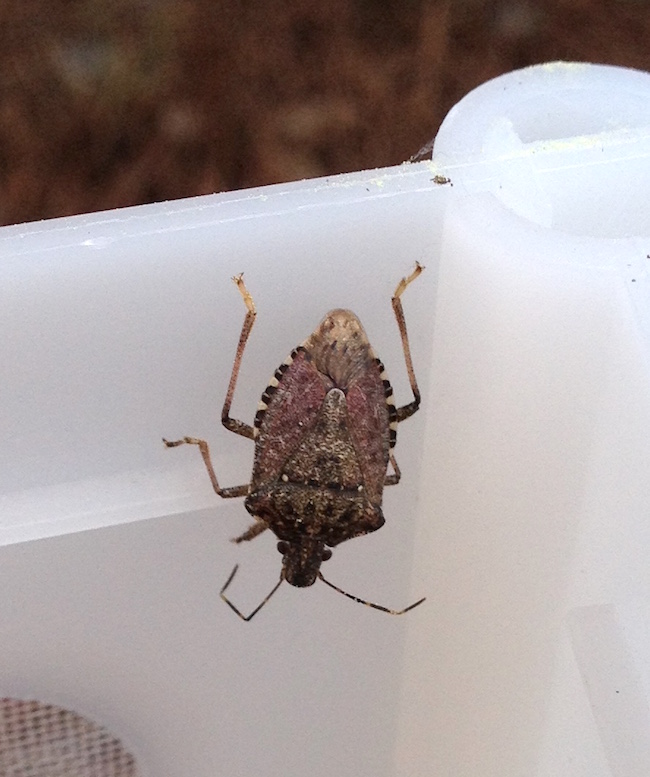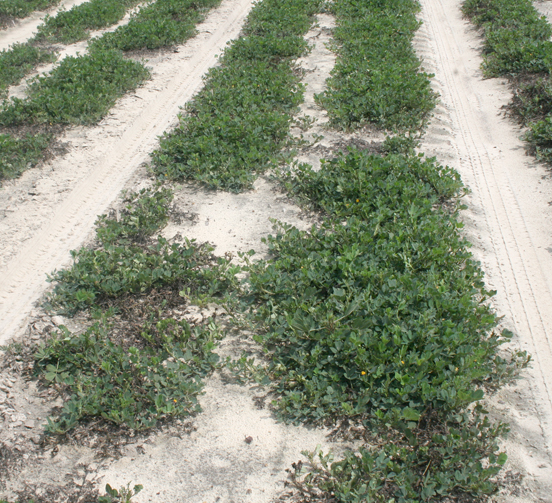 CAES News
CAES News
UGA peanut agronomist cautions peanut producers against planting early
Unusually warm weather conditions and high soil temperatures have Georgia farmers itching to plant peanuts, but University of Georgia peanut agronomist Scott Monfort cautions peanut producers to hold off until the end of April or beginning of May.

.jpg)

